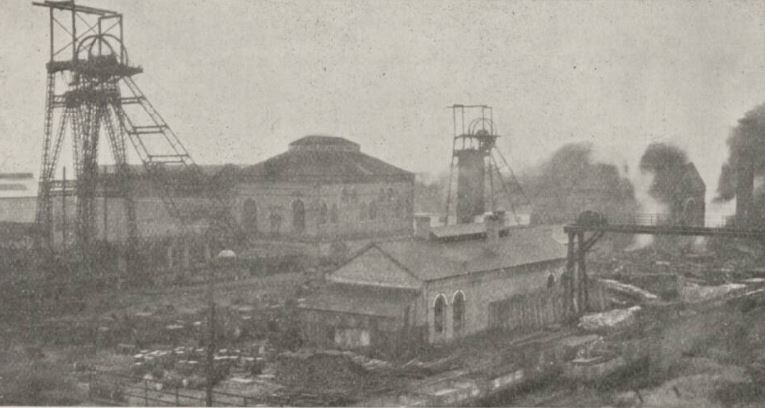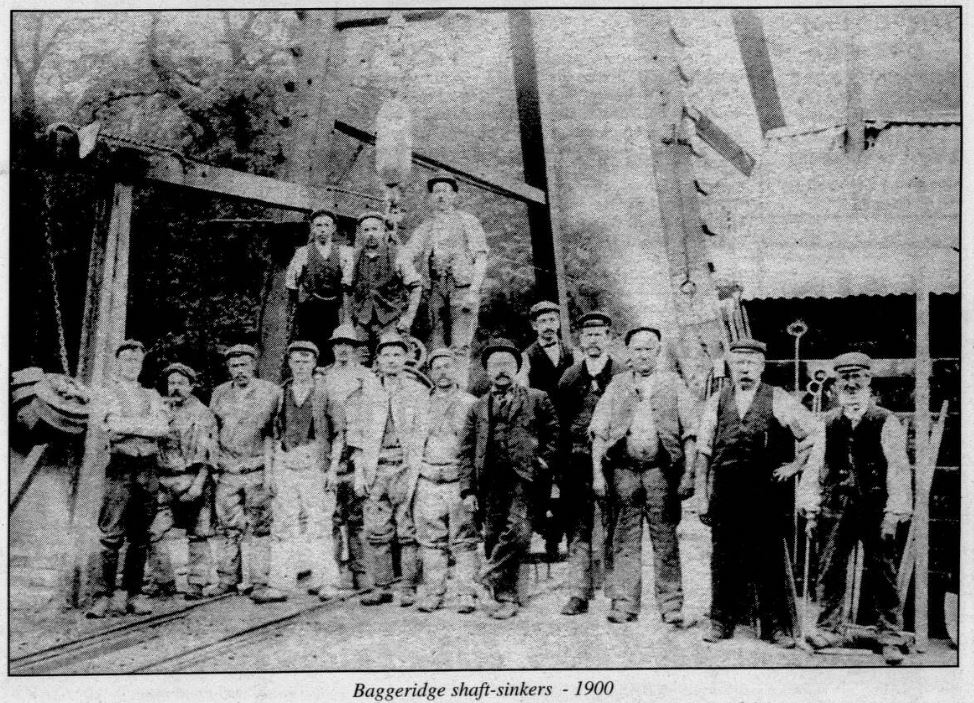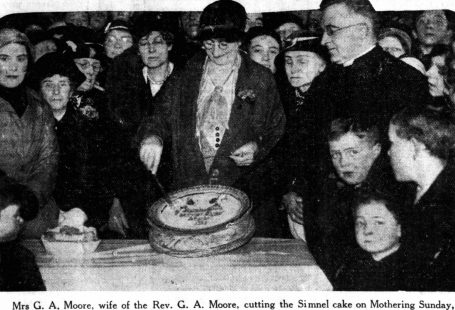This week at The Archive we have been topping up our tabloid titles, with extensive updates to newspapers like the Daily Record and The People over the last seven days. Moreover, we have added 246,756 brand new pages to our collection over the past week, with new pages joining our newspapers from Accrington to Airdrie, from Retford to Rutherglen, from South Wales to Southall.
So read on to discover which of our 55 existing titles we have updated, and also to learn more about the closing of the Baggeridge Colliery on 2nd March 1968, the last remaining pit in the Black Country.
Register now and explore the Archive
Leading the charge as the newspaper with the most updated pages this week is The People, to which we have added over 45,000 brand new pages, which cover the 1980s and 1990s. A tabloid with a long history, Sunday newspaper The People was founded in 1881 as a Conservative title. By the end of the 1880s, it claimed to be ‘the largest Sunday penny paper,’ containing ‘all the interesting news of the week.’
As such, The People is ‘one of Britain’s oldest Sunday newspapers.’ Now known as the Sunday People, this title is published to this day, with more of a Labour lean.
Following closely behind The People this week is Scottish tabloid Daily Record, to which we have added over 40,000 brand new pages this week, which cover the years 1996 and 1998. Based in Glasgow, this national tabloid was established in 1895 as a sister title to the North British Daily Mail. Serving the important industrial centre of Glasgow, as well as the rest of Scotland, the Daily Record led the way in British journalism, making history in June 1936 when it became the first newspaper to print a colour photograph alongside a news story, and again in October 1936 by publishing the first colour advertisement to be seen in a daily title.
In 1971 the Daily Record paved the way once more by becoming the first newspaper in the whole of Europe to be printed in ‘full colour.’ Throughout the 1960s and 1970s the Daily Record was one of Scotland’s best-selling newspapers, and it continues to be published to this day.
Meanwhile this week we have added over 43,000 brand new pages to the Lincolnshire Echo, with large updates also joining the Birmingham Daily Post and the Birmingham Mail, two of five Birmingham newspaper titles to be enlarged this week.
We’ve also updated three of our Scottish titles over the last seven days, namely the Airdrie & Coatbridge Observer, the Paisley Daily Express, and the Rutherglen Reformer. You’ll also find updates to the Welsh edition of the Liverpool Daily Post, and the South Wales Echo.
2 March 1968 – The Closing of Baggeridge Colliery
55 years ago, on 2 March 1968, over 300 years of coal mining in the Black Country came to an end with the closure of the Baggeridge Colliery, which lay just outside of Sedgley. The last remaining pit in the area, this represented an important moment in the industrial history of the area, and it was reported on by the new pages that we have added this week to the Birmingham Mail.
Towards the end of 1968, on 18 December, the Birmingham Mail recorded how the ’80-year-old pit’ was closed by the National Board of Coal ‘on economic grounds.’ The future of the site, however, was now up for discussion.
The same newspaper in June 1968 reported how local Dudley councillor A.J.R. Hickling had proposed that the historic pit be transformed ‘into an industrial museum,’ running as ‘joint venture with Birmingham Industrial Museum.’ At the time, the Birmingham Industrial Museum had ‘exhibits in store through lack of display space,’ and the proposed museum site at Baggeridge Colliery would help to showcase these artefacts.
By July 1968 the Birmingham Mail was reporting how the closed colliery was to be ‘inspected by members of Dudley Council’s Libraries, Museums and Arts Committee as a possible site for an industrial museum.’ Other places to be visited as a potential museum site included the ‘old Dudley Gas Works and Tipton Road Sewage Works.’
However, by December 1968 these plans for a museum at Baggeridge Colliery had not come to fruition, and the Birmingham Mail was reporting on ‘the National Coal Board’s plan to set up a solid fuel depot’ at the site. But because the site sat in the ‘proposed Green Belt area for South Staffordshire,’ this was at odds with the National Coal Board’s proposition.
The National Coal Board planned to circumnavigate this issue by taking the below approach:
The Coal Board, however, has now asked the County Planning Department to issue a development certificate which would enable the derelict colliery buildings to be used as a depot for the marketing of solid fuel. The depot would also have storage and transport facilities, with the remainder of the area being included in the Green Belt proposals.
It was, however, the greener approach that won through, with the old pit being transformed into Baggeridge County Park, established by South Staffordshire County Council and opened by Princess Anne some twenty years after the colliery was shut down.
Updated Titles
This week we have updated 55 of our existing titles.
You can learn more about each of the titles we add to every week by clicking on their names. On each paper’s title page, you can read a FREE sample issue, learn more about our current holdings, and our plans for digitisation.
You can keep up to date with all the latest additions by visiting the recently added page. You can even look ahead to see what we’re going to add tomorrow.











